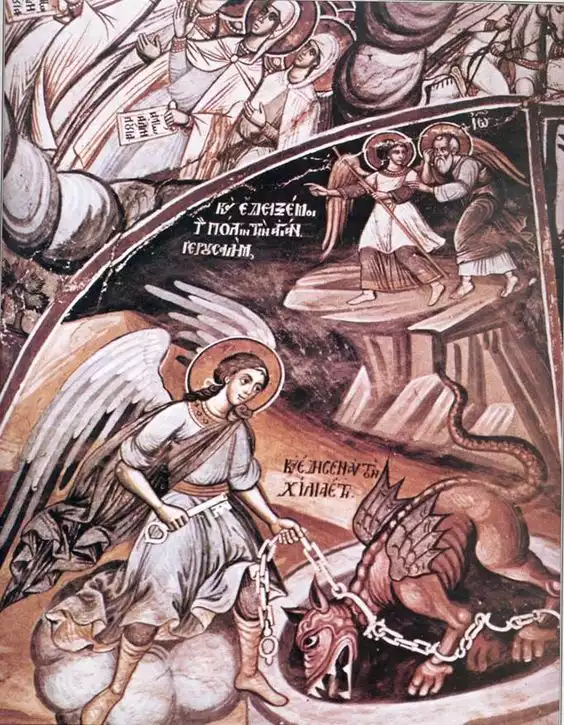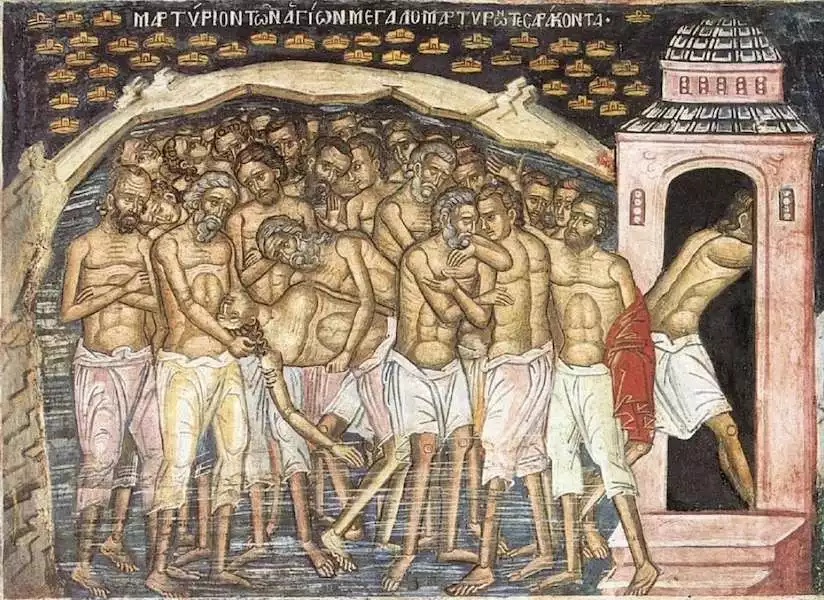Zaanan | צַאֲנַן | Name
Etymology and Semantic Analysis The name ‘Zaanan’ derives from the Hebrew word ‘צַאֲנַן’ (Tsaa’nan), mentioned in the Old Testament. It occurs only once in the Bible, in the book of Micah 1:11. The verse depicts the lamentation and mourning of various towns in Judah in anticipation of the judgment coming upon them. The etymological root […]
Drive | נָדַד (nadad) | Verb
Etymology and Semantic Analysis The English word ‘drive’ is multifaceted, evoking images of steering, propelling, or pushing forward. Its Old English roots lie in ‘drīfan’, implying a forceful or directed movement. In the Biblical context, ‘drive’ primarily translates from the Hebrew verb נָדַד (nadad), meaning to flee, retreat, or wander aimlessly. Notably, the semantic range […]
Destroy ἀπόλλυμι (apollymi) | Verb
Etymology and Semantic Analysis The English word ‘destroy’ is translated in the New Testament primarily from the Greek verb ἀπόλλυμι (apollymi), which carries a range of meanings including to destroy, lose, or perish. This verb is a complex term encompassing both the cessation of existence and the concept of ruin without complete annihilation. In the […]
Quarter in the Bible | τεταρτος (Tetartos) | Adjective
Definition The English term “quarter,” as an adjective, often translates the Greek word “τεταρτος” (tetartos), meaning “fourth” or “one of four parts.” This translation captures the fractional aspect of the word, emphasizing division or a segment within a larger whole. Various Translations In the King James Version (KJV) of the Bible, “quarter” is typically used […]
Revelation, Book of | A Comprehensive Examination

The Book of Revelation, often referred to simply as Revelation or the Apocalypse, is the final book of the New Testament and consequently the Christian Bible. Its authorship is traditionally ascribed to John of Patmos, an island in the Aegean Sea, around 95 AD, although precise dates of composition remain debated among scholars. Notably, Revelation […]
Abaddon | Biblical Context and Theological Interpretations

Abaddon, a term of profound theological and symbolic significance, emerges within the Biblical narrative as both a place and an entity. Its etymological roots, traced back to Hebrew, denote “destruction” or “doom,” establishing a formidable presence within scriptural texts. Etymological Analysis The Hebrew origin of Abaddon, אֲבַדּוֹן (‘avadon), is fundamentally linked to notions of […]
